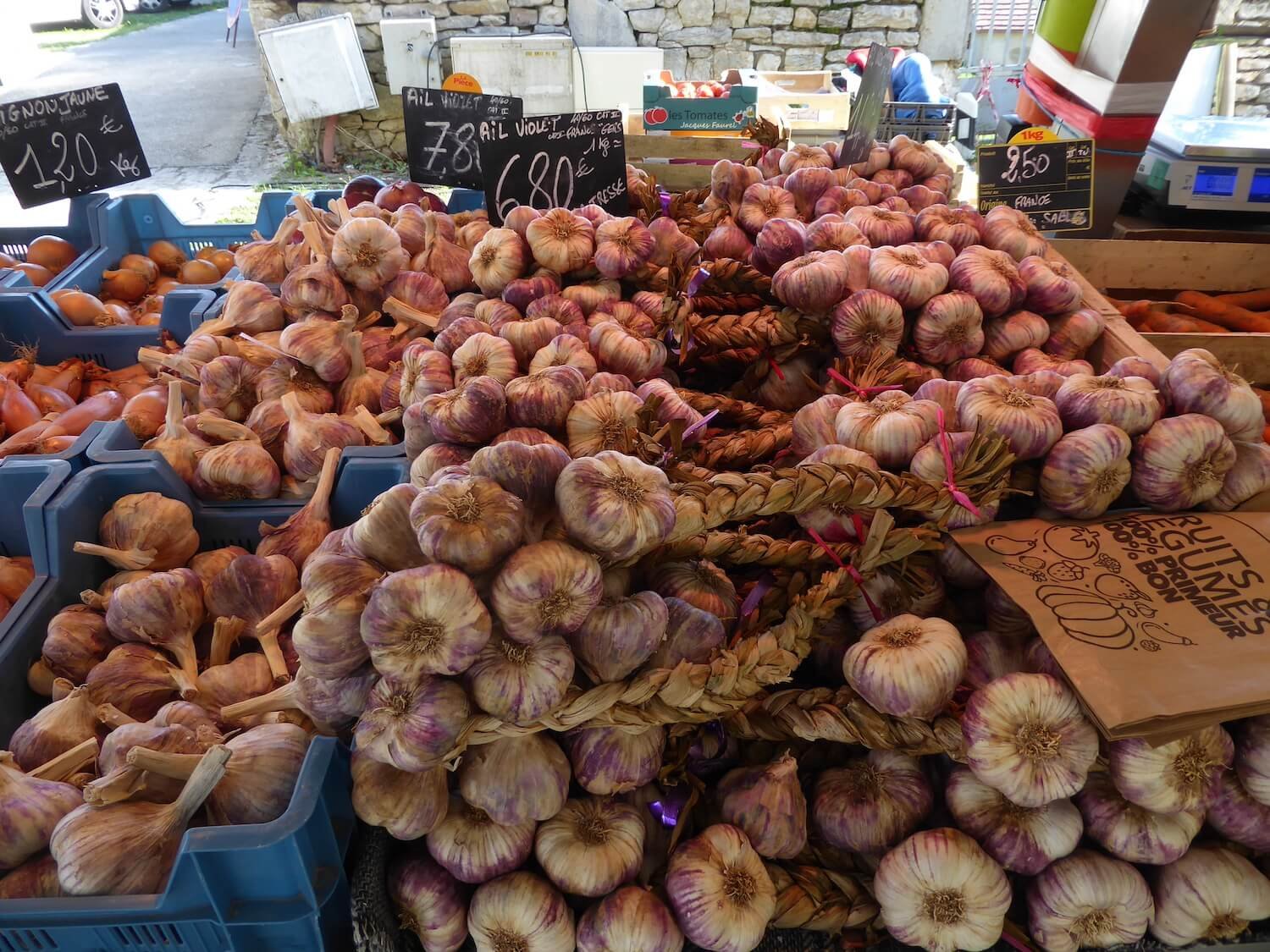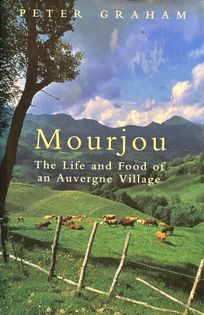
Advertisement


Mourjou: The Life and Food of an Auvergne Village
by Peter Graham

says
Peter Graham’s career evolved from film criticism to food writing. In 1978, he moved into a former grocer’s shop in the small village of Mourjou in France's Auvergne region. This book is based on two decades during which the author came to know the local seasonal dishes in great detail. It is a unique record of time, place and the role of rural cuisine in French culture.
from the publisher
Mourjou is a classic account of life, food and cookery in a village in the Auvergne by long-time British resident, Peter Graham. A remarkable fusion between life, the produce of the countryside and the food on the table that is Auvergne continues as it has done fore generations. The season dictate the rhythm of activity on the filed and the kitchen as well as the relationships between households and families. For twenty years Peter Graham has been part of this community, discovering its countryside, traditions, markets, kitchen and the warmth of the local people, sharing its rustic idyll and, most importantly, its great passion for food. Auvergnat cooks have learned how to get the very best from their land and their local traditions have molded their recipes.
Review from the Independent by Chris Hurst:
”In France, the dinner is the thought of the morning and sometimes the business of the day,” wrote the Victorian cleric Charles David Badham. Nowhere does this admirable philosophy still apply more than in the Auvergne, where expatriate Scot Peter Graham has been resident for more than 20 years. In this evocative and enjoyable account, he reveals how food remains the major preoccupation of the region. This cuisine is far from haute. Until recent years, the Auvergne was dirt poor, and that is reflected in its dishes. Aigo boulido is a soup mainly made of water, garlic and eggs. The “startlingly tasty” gelée de fleurs de pissenlit demands “400 newly opened dandelion flowers”. As with all peasant food, the staple dishes of the Auvergne are intended for a robust appetite. Aligot (”rather indigestible when eaten in large quantities”) combines mash, cream, butter, garlic and cheese. Graham admits the omelette au boudin (black pudding) may sound “far-fetched, not to say repulsive… but the proof of the pudding is in the eating”. Though you might have trouble getting hold of some ingredients – such as the “120ml fresh duck blood” used in salamis de canard – this passionately written book is packed with stimulation, both intellectual and culinary."
Most popular
- Original Publisher
- Penguin
- Date of publication
- 1999
- ISBN
- 0670880698
Features & Stories

Advertisement